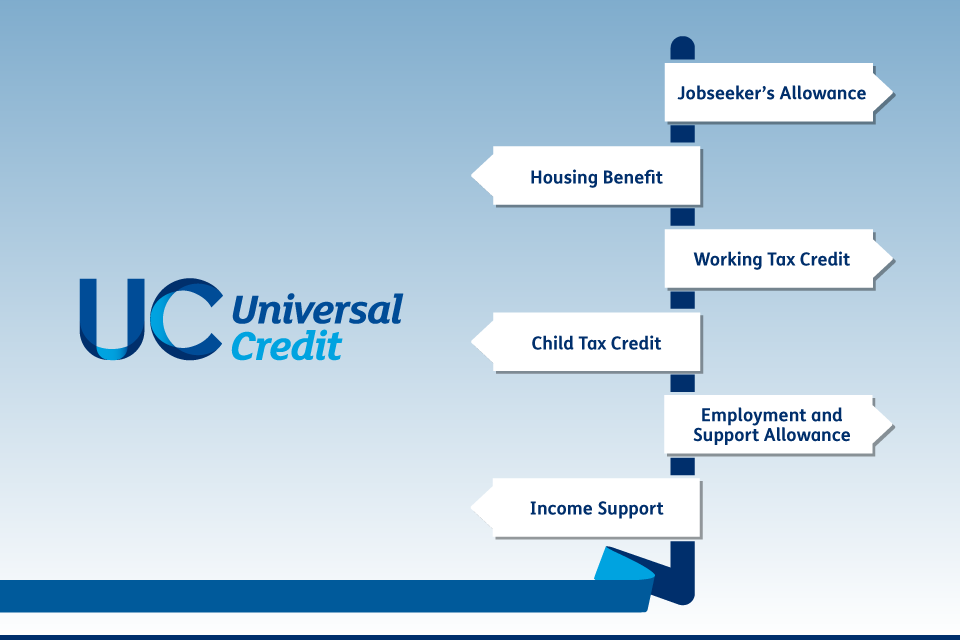Reported yesterday in Ekklesia:
From tomorrow (6 April 2017), the Government’s flagship benefit, Universal Credit, will not offer help to the third or subsequent children in a family. This fundamentally changes the benefit system so that it “deliberately ignores” the needs of some of the UK’s more vulnerable children, say leaders of four UK churches.
The Joint Public Issues Team of the Baptist Union of Great Britain, the Church of Scotland, the Methodist Church in Britain and the United Reformed Church say that over the next three years around 640,000 families containing at least two million children will see substantially lower Universal Credit payments From November 2018 the two-child limit will also be applied retrospectively. The needs of the third child born long before the two-child limit was thought of will also be ignored. The two-child rule reduces maximum entitlement by £2,780. Other changes introduced on 6 April raise this to a £3,670 total loss
The text of the joint briefing, prepared for the House of Lords, can be read here.
Opponents of the new limit point out that the government’s own research shows that it will not achieve its goal of reducing family size in poorer demographics:
Both the Government’s impact assessment and Department of Work and Pensions (DWP) research make it clear that the two child limit is not expected to achieve its aim of reducing the number of children born to poorer families needing the support of the benefit system.
“We should be appalled that children’s needs are being deliberately ignored, no matter what the justification. It is extraordinary that the Government has pressed ahead with this cut despite the fact that its own research says that it is not likely to achieve its aim of encouraging families to have fewer children”, said Grace Pengelly, Secretary for Church and Society, United Reformed Church.
Information on Universal Credit can be found on the government site here.
Universal Credit is a welfare reform program announced in 2010 and implemented in 2013 by the UK, intended to decrease fraud, streamline payments, increase employment and decrease poverty among those who are working (The Guardian, “Universal credit: the essential guide,” 2013).
The program itself has faced criticism since it was put into place, focusing on delays in payments, threats of evictions because of those delays, and an unequal, heavier burden on women.
Image from UK government site.

